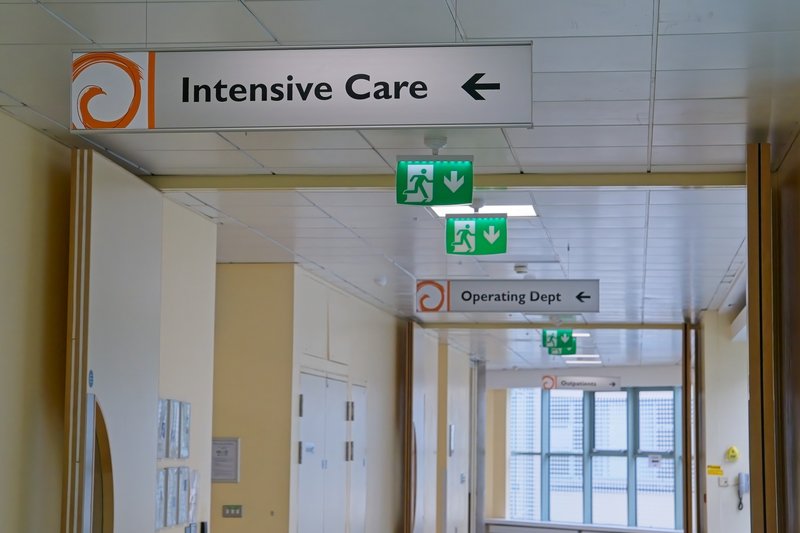Introduction
The Intensive Care Unit (ICU) is a specialised environment designed for critically ill patients who require close monitoring and advanced medical care. The unit is supported by a multi-disciplinary team, each contributing unique expertise to ensure the best patient outcomes. Here’s an overview of the staffing and setup of this ICU:
Staffing in the ICU
- Consultants & Registrars: Senior doctors who lead the medical care, making key decisions about treatment plans.
- Clinical Nurse Managers: Oversee the nursing staff, ensuring that patient care meets the highest standards and the treatment plan is carried out.
- Clinical Facilitators & Nurses: Provide direct patient care, monitor vital signs, and administer medications.
- Healthcare Assistants: Support nurses in patient care activities.
- Physiotherapists: Assist in the recovery of physical function and mobility.
- Speech and Language Therapists: Help patients with communication or swallowing difficulties.
- Occupational Therapists: Aid in the recovery of daily living activities.
- Dietitians: Manage nutritional care for patients, particularly those who require specialised diets.
- Pharmacists: Ensure the safe and effective use of medications.
- Social Workers: Provide emotional support and help with discharge planning.
- Attendants, Catering, Cleaning staff, and Support Services: Ensure the environment is clean, safe, and that the patient’s non-medical needs are met.
- Pastoral Care: Offers spiritual and emotional support.
- Clinical Engineering: Maintains and repairs medical equipment.
- Secretarial Staff: Handle all administrative tasks.

ICU Layout and Equipment
- 4-Bedded Medical-Surgical Unit: The ICU consists of four beds, including one isolation room for patients requiring special precautions.
- Nurse-Patient Ratio: The unit maintains a 1:1 nurse-patient ratio to ensure each patient receives intensive care tailored to their needs.
- Medical Equipment: Each bed space is equipped with essential tools such as cardiac monitors and respiratory support devices, ready to be used if required.
- Monitors and Alarms: These devices have both audible and visual alarms to alert the nursing staff. However, not every alarm indicates an emergency; some are set to get the nurse's attention for routine checks or adjustments.
This structure ensures that patients in the ICU receive comprehensive, round-the-clock care from a team of highly skilled professionals.
Admission to the Intensive Care Unit
We understand that having a loved one in the ICU is a highly stressful and emotional experience. Seeing a relative or loved one connected to various machines can be intimidating at first. The ICU can seem like a daunting place for both patients and their families, but please know that we are here to support you.
Our team is committed to making sure you understand everything that is happening. We will take the time to explain all the machinery and treatments your relative or loved one is receiving, so you can feel more at ease. We will also provide frequent updates on their condition to keep you informed every step of the way.
If you need additional support, there are services available to help you cope during this difficult time. Please don't hesitate to reach out to us, and we will guide you to the resources you need. Your relative or loved one is in good hands, and we are here to support both them and you throughout this journey.
After Discharge from Intensive Care Unit
When a patient's condition improves the doctors will decide when it is time to leave the ICU. They will also determine if the patient can be transferred to the Critical Care Unit (CCU) or to a ward. We will inform the family know about the discharge.
ICU Steps are a Intensive Care Patient Support Charity who provide information and support that you may find useful. You can visit their website here: https://icusteps.org/
Visiting
For visiting outside of normal hours, in the case of critically ill patients or in exceptional circumstances, the agreement of the nurse manager must be sought.
Recommended visiting duration is 20 minutes. Children under 12 years, apart from patients own children, should not be brought to visit.
Additional restrictions may apply from time to time (during active outbreaks of infectious diseases).


-
Mon-Sun2 p.m. – 4 p.m.
-
Mon-Sun6:30 p.m. – 8:30 p.m.
